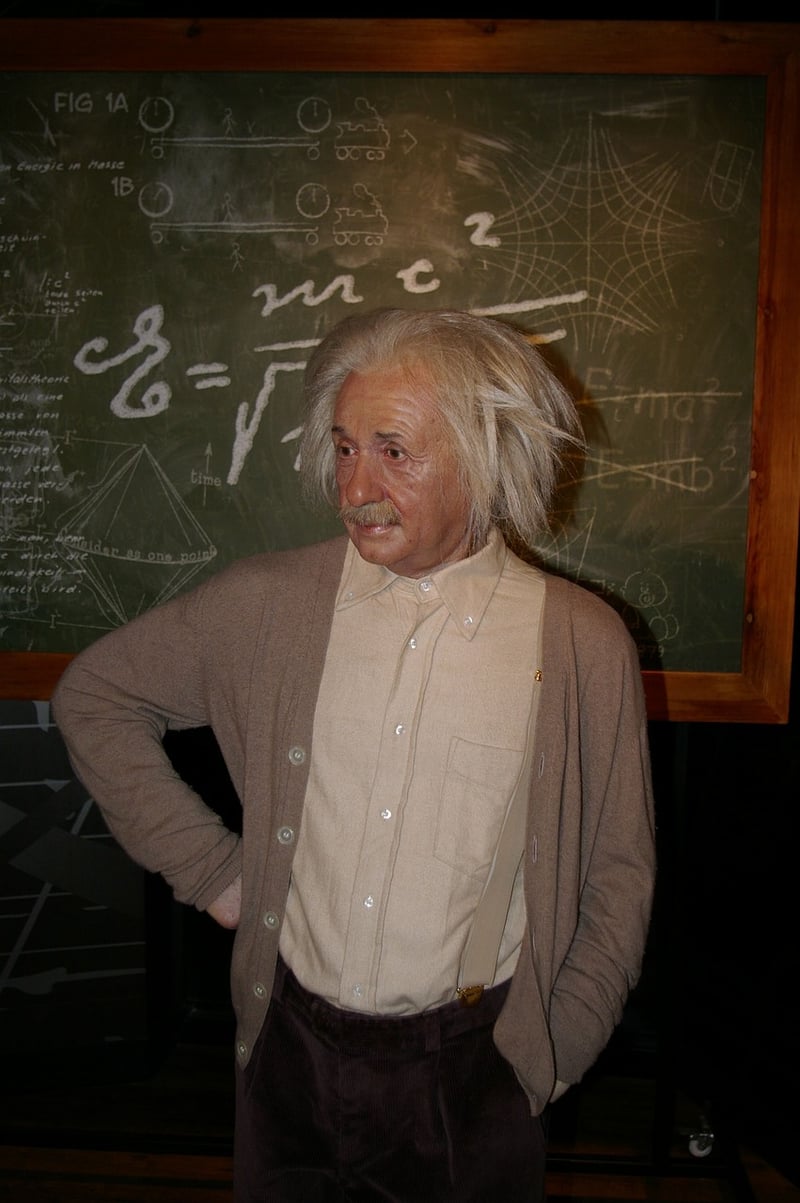Paradox Prevention
The Science of Time Travel: Mechanisms and Paradox Prevention
Time travel has been a fascinating topic in science fiction for decades, but is it really possible? While the concept of time travel is still largely theoretical, scientists have explored various mechanisms that could potentially allow us to traverse through time.
Wormholes: Gateways to the Past and Future
One of the most popular theories for time travel involves the use of wormholes. Wormholes are hypothetical tunnels in spacetime that connect two separate points. By manipulating the entrance and exit of a wormhole, it could be possible to travel to different points in time.

Time Dilation: Slowing Down Time
According to Einstein's theory of relativity, time is relative and can be affected by speed and gravity. Time dilation occurs when an object is moving at speeds close to the speed of light or in strong gravitational fields, causing time to pass more slowly relative to an observer outside the affected area. This phenomenon could potentially be used to travel to the future.

Paradox Prevention: Avoiding Temporal Conundrums
One of the biggest challenges in time travel is the possibility of paradoxes, such as the grandfather paradox where a time traveler could prevent their own existence. To prevent such paradoxes, scientists have proposed various theories, including the Novikov self-consistency principle, which suggests that the timeline is fixed and any actions taken by a time traveler would only fulfill the existing timeline.
